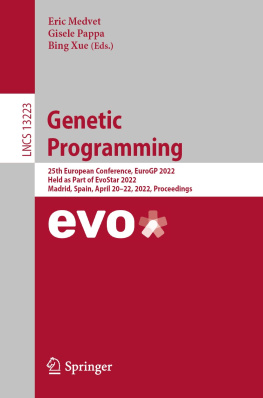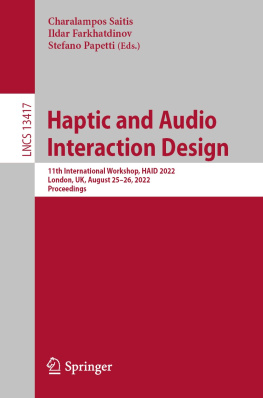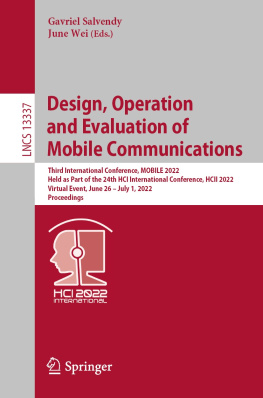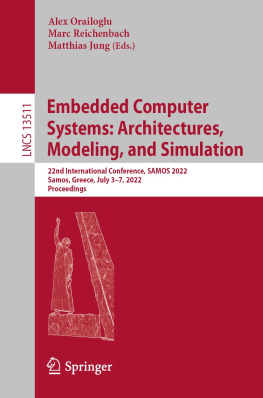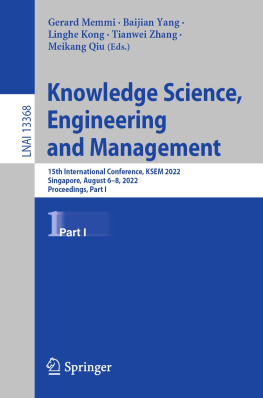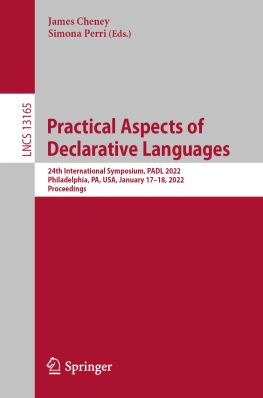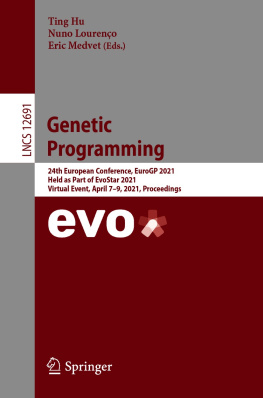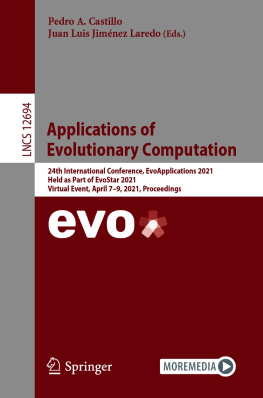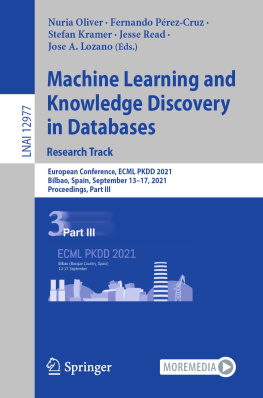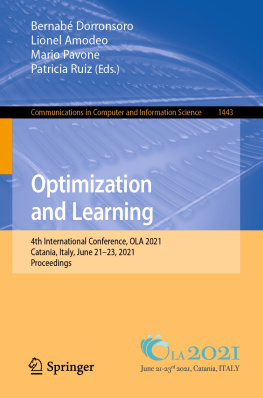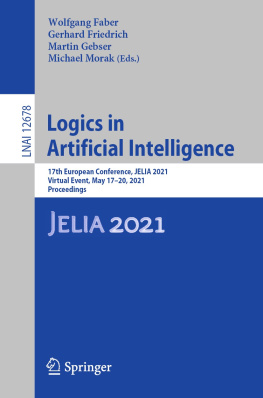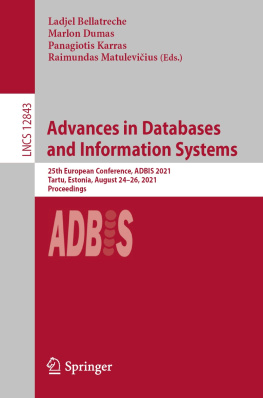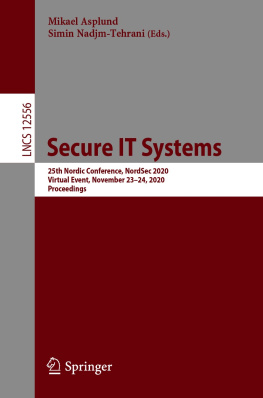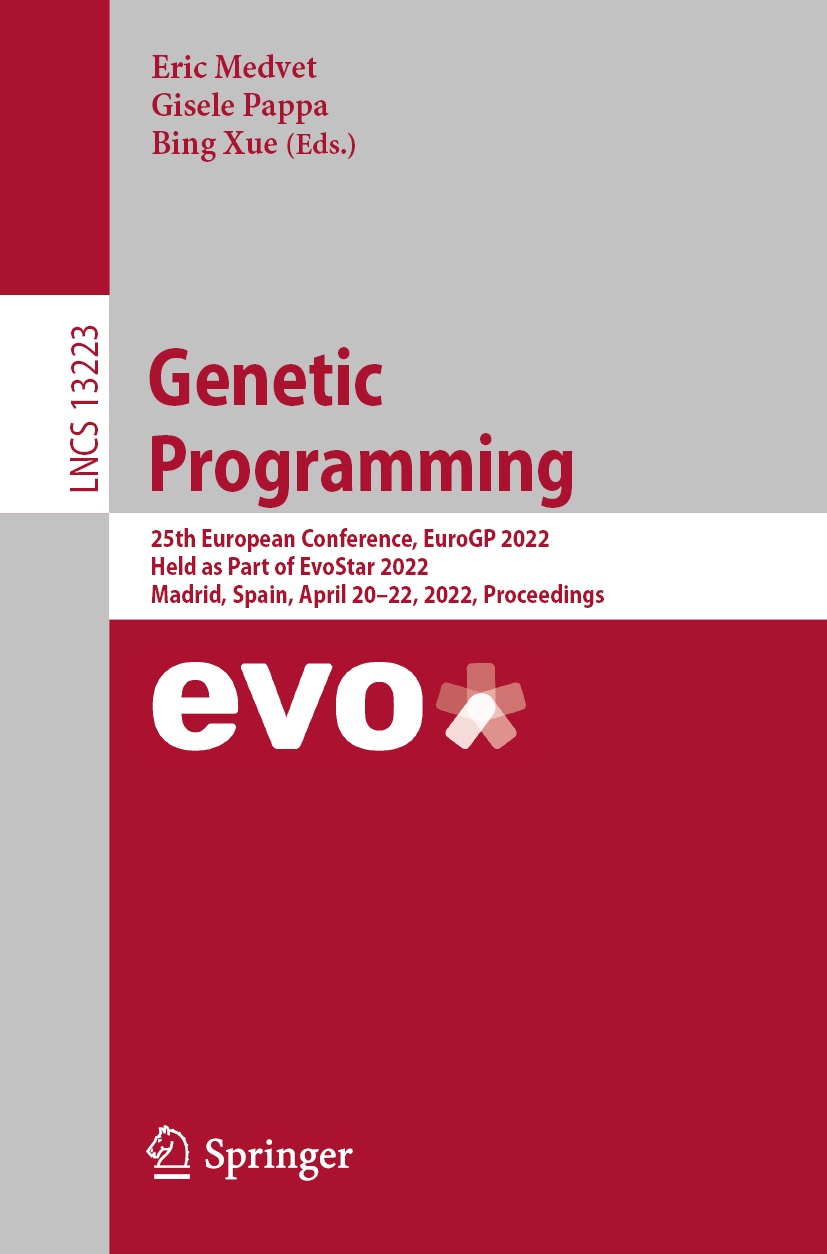Editors
Eric Medvet
University of Trieste, Trieste, Italy
Gisele Pappa
Universidade Federal de Minas Gerais, Belo Horizonte, Minas Gerais, Brazil
Bing Xue
Victoria University of Wellington, Wellington, New Zealand
ISSN 0302-9743 e-ISSN 1611-3349
Lecture Notes in Computer Science
ISBN 978-3-031-02055-1 e-ISBN 978-3-031-02056-8
https://doi.org/10.1007/978-3-031-02056-8
The Editor(s) (if applicable) and The Author(s), under exclusive license to Springer Nature Switzerland AG 2022
This work is subject to copyright. All rights are reserved by the Publisher, whether the whole or part of the material is concerned, specifically the rights of translation, reprinting, reuse of illustrations, recitation, broadcasting, reproduction on microfilms or in any other physical way, and transmission or information storage and retrieval, electronic adaptation, computer software, or by similar or dissimilar methodology now known or hereafter developed.
The use of general descriptive names, registered names, trademarks, service marks, etc. in this publication does not imply, even in the absence of a specific statement, that such names are exempt from the relevant protective laws and regulations and therefore free for general use.
The publisher, the authors and the editors are safe to assume that the advice and information in this book are believed to be true and accurate at the date of publication. Neither the publisher nor the authors or the editors give a warranty, expressed or implied, with respect to the material contained herein or for any errors or omissions that may have been made. The publisher remains neutral with regard to jurisdictional claims in published maps and institutional affiliations.
This Springer imprint is published by the registered company Springer Nature Switzerland AG
The registered company address is: Gewerbestrasse 11, 6330 Cham, Switzerland
Preface
The 25th European Conference on Genetic Programming (EuroGP 2022) took place at the Complutense University of Madrid, Madrid, Spain, during April 2022, 2022. Due to the travel restrictions caused by the COVID-19 pandemic, the conference was held in a hybrid mode to allow both in-person and online attendance.
Genetic programming (GP) is a unique branch of evolutionary computation that has been developed to automatically solve design problems, in particular the computer program design, without requiring the user to know or specify the form or structure of the solution in advance. It uses the principles of Darwinian evolution to approach problems in the synthesis, improvement, and repair of computer programs. The universality of computer programs, and their importance in so many areas of our lives, means that the automation of these tasks is an exceptionally ambitious challenge with far-reaching implications. GP has attracted a significant number of researchers and a vast amount of theoretical and practical contributions are available, as shown by consulting the GP bibliography.
Since the first EuroGP event in Paris in 1998, EuroGP has been the only conference exclusively devoted to the evolutionary design of computer programs and other computational structures. In fact, EuroGP represents the single largest venue at which GP results are published. It plays an important role in the success of the field, by serving as a forum for expressing new ideas, meeting fellow researchers, and initiating collaborations. It attracts scholars from all over the world. In a friendly and welcoming atmosphere authors present the latest advances in the field and GP-based solutions to complex real-world problems.
EuroGP 2022 received 35 submissions from around the world. The papers underwent a rigorous double-blind peer review process, each being reviewed by multiple members of an international Program Committee.
Among the papers presented in this volume, 12 were accepted for full-length oral presentation (34% acceptance rate) and seven as short talks. In 2022, papers submitted to EuroGP could also be assigned to the Evolutionary Machine Learning Track. Among the 35 submissions, the authors of eight papers indicated their papers fit the track, with two accepted for full-length oral presentation and four as short talks. Authors of both categories of papers also had the opportunity to present their work in poster sessions to promote the exchange of ideas in a carefree manner.
The wide range of topics in this volume reflects the current state of research in the field. The collection of papers covers interesting topics including developing new variants of GP algorithms, synthesizing computer programs with GP, and evolving neural networks using GP, as well as exploring GP-based explainable or interpretable methods and applying GP to address complex real-world problems.
Together with three other co-located evolutionary computation conferences (EvoCOP 2022, EvoMUSART 2022, and EvoApplications 2022), EuroGP 2022 was part of the Evo* 2022 event. This meeting could not have taken place without the help of many people. The EuroGP Organizing Committee is particularly grateful to the following:
SPECIES, the Society for the Promotion of Evolutionary Computation in Europe and its Surroundings, which aims to promote evolutionary algorithmic thinking within Europe and wider, and more generally to promote inspiration of parallel algorithms derived from natural processes.
The high-quality and diverse EuroGP 2022 Program Committee. Each year the members give freely of their time and expertise in order to maintain high standards in EuroGP, providing constructive feedback to help the authors to improve their papers.
Nuno Loureno (University of Coimbra, Portugal) for his dedicated work with the submission system.
Joo Correia (University of Coimbra, Portugal), Ignacio Hidalgo (Universidad Complutense de Madrid, Spain), and Francisco Chicano (University of Mlaga, Spain) for their great work on the Evo* publicity, social media service, and website.
Srgio Rebelo (University of Coimbra, Portugal), Joo Correia (University of Coimbra, Portugal), and Tiago Martins (University of Coimbra, Portugal) for their important graphic design work.
The local organizing team, in particular Iaki Hidalgo (Universidad Complutense Madrid, Spain) for his proactivity in getting us a new venue for the conference. We also thank Federico Divina (Universidad Pablo de Olavide, Spain) as the original local organizing chair for Seville, Spain, but unfortunately the conference had to be moved due to the COVID-19 pandemic.

